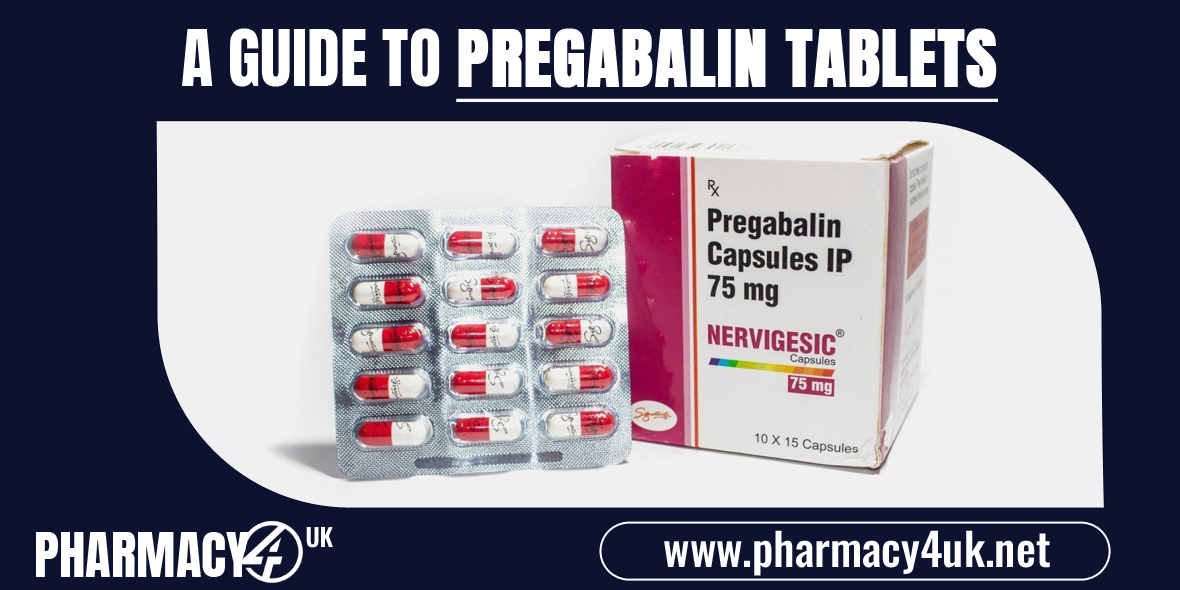Introduction
Dental care is a crucial aspect of overall health and well-being, yet it’s often overlooked until problems arise. The importance of maintaining good oral hygiene extends beyond just having a bright smile; it plays a significant role in preventing a wide range of health issues. This article delves into modern dental care practices, offering valuable tips and advice to help you achieve and maintain optimal oral health.
The Importance of Dental Care
Taking care of your teeth and gums is essential for preventing cavities, gum disease, and other oral health issues. Poor oral hygiene can lead to severe consequences, including tooth loss, infections, and even conditions like heart disease and diabetes. Understanding the importance of dental care is the first step towards a healthier smile and a healthier you.
Daily Oral Hygiene Routine
Brushing Techniques
Brushing your teeth at least twice a day is the cornerstone of any oral hygiene routine. Use a toothbrush with soft bristles and fluoride toothpaste. Hold your toothbrush at a 45-degree angle to your gums and brush in gentle, circular motions. Ensure you brush all surfaces of your teeth—front, back, and chewing surfaces—for at least two minutes.
Flossing
Flossing is an often neglected but vital part of oral hygiene. It removes food particles and plaque from between teeth where a toothbrush can’t reach. To floss correctly, use about 18 inches of dental floss, wrap it around your fingers, and gently slide it between your teeth, curving it around each tooth and going beneath the gumline.
Mouthwash
Incorporating mouthwash into your daily routine can help reduce plaque, freshen breath, and prevent gum disease. Look for a mouthwash that contains fluoride to strengthen tooth enamel and provide additional protection against cavities.
The Role of Diet in Dental Health
What you eat has a significant impact on your oral health. A diet high in sugary foods and drinks can lead to tooth decay, while a balanced diet rich in fruits, vegetables, lean proteins, and dairy products can strengthen your teeth and gums.
Foods That Promote Oral Health
- Dairy Products: Rich in calcium and phosphorus, dairy products like milk, cheese, and yogurt help strengthen teeth and protect tooth enamel.
- Leafy Greens: Spinach, kale, and other leafy greens are packed with vitamins and minerals that promote healthy gums.
- Crunchy Fruits and Vegetables: Apples, carrots, and celery are not only nutritious but also help clean teeth by stimulating saliva production.
Foods to Avoid
- Sugary Snacks: Candies, cookies, and cakes can stick to teeth and lead to cavities.
- Acidic Foods and Drinks: Citrus fruits, sodas, and wine can erode tooth enamel over time.
- Sticky Foods: Dried fruits and caramel can adhere to teeth, increasing the risk of decay.
Regular Dental Checkups
Visiting your dentist regularly is crucial for maintaining oral health. Dental checkups allow your dentist to detect issues early, provide professional cleanings, and offer personalized advice to improve your dental care routine.
What to Expect During a Dental Checkup
During a dental checkup, your dentist will:
- Examine Your Teeth and Gums: A thorough examination will help identify any signs of decay, gum disease, or other oral health issues.
- Professional Cleaning: Even with good oral hygiene, plaque can build up in hard-to-reach areas. A professional cleaning will remove plaque and tartar, preventing cavities and gum disease.
- X-Rays: X-rays may be taken to check for problems not visible to the naked eye, such as impacted teeth, jawbone damage, or tooth decay between teeth.
The Impact of Smoking on Oral Health
Smoking and tobacco use have devastating effects on oral health. They can cause gum disease, tooth discoloration, bad breath, and increase the risk of oral cancer. Quitting smoking is one of the best things you can do for your oral and overall health.
How Smoking Affects Oral Health
- Gum Disease: Smoking reduces blood flow to the gums, making them more susceptible to infections and slower to heal.
- Tooth Discoloration: Tar and nicotine from cigarettes stain teeth, leading to yellowing.
- Oral Cancer: Smoking is a major risk factor for cancers of the mouth, throat, and esophagus.
Preventing Common Dental Problems
Tooth Decay
Tooth decay occurs when plaque combines with sugars from the food you eat, producing acids that erode tooth enamel. Preventing tooth decay involves maintaining a good oral hygiene routine, limiting sugary foods, and using fluoride toothpaste. Modern Dental Care.
Gum Disease
Gum disease, or periodontal disease, is a serious infection of the gums that can lead to tooth loss if untreated. Early signs include red, swollen gums that bleed easily. Prevent gum disease by brushing, flossing, and visiting your dentist regularly.
Tooth Sensitivity
Tooth sensitivity is a common issue that can make eating and drinking uncomfortable. It can be caused by worn tooth enamel, exposed tooth roots, or cavities. Using a toothpaste designed for sensitive teeth and avoiding acidic foods can help alleviate sensitivity.
The Role of Fluoride in Dental Health
Fluoride is a mineral that plays a key role in preventing tooth decay. It strengthens tooth enamel, making it more resistant to acid attacks from plaque and sugars. Many communities add fluoride to their drinking water, and it’s also found in toothpaste and mouthwash.
The Benefits of Orthodontic Treatment
Orthodontic treatment is not just about improving the appearance of your smile; it also enhances oral health by correcting bite issues and aligning teeth properly. Straight teeth are easier to clean, reducing the risk of cavities and gum disease.
Types of Orthodontic Treatments
- Braces: Traditional metal braces are effective for correcting various dental alignment issues.
- Clear Aligners: Clear aligners like Invisalign are a popular alternative to braces for those who prefer a more discreet option.
The Impact of Age on Dental Health
As we age, our dental needs change. Older adults are more prone to issues like dry mouth, gum disease, and tooth loss. Maintaining a rigorous oral hygiene routine and visiting the dentist regularly are essential for preserving oral health in later years.
Dental Care Tips for Older Adults
- Use a Fluoride Mouthwash: To combat dry mouth and prevent cavities.
- Regular Dental Visits: Ensure early detection of oral health issues common in older age.
- Stay Hydrated: Drink plenty of water to maintain saliva production, which helps protect against tooth decay.
Dental Care for Children
Instilling good dental habits in children is crucial for their long-term oral health. Teaching them to brush and floss from an early age sets the foundation for a lifetime of healthy smiles.
Tips for Parents
- Supervise Brushing: Ensure your child brushes for two minutes twice a day.
- Limit Sugary Snacks: Offer healthy alternatives like fruits and vegetables.
- Regular Dental Visits: Start taking your child to the dentist by their first birthday.
See Also Read: Modern Dental Care.
Conclusion
Maintaining good oral health requires a combination of daily care, a healthy diet, and regular dental checkups. By following the best practices outlined in this article, you can enjoy a bright, healthy smile for years to come. Remember, your oral health is a crucial part of your overall well-being, so make it a priority in your daily routine. Modern Dental Care.


